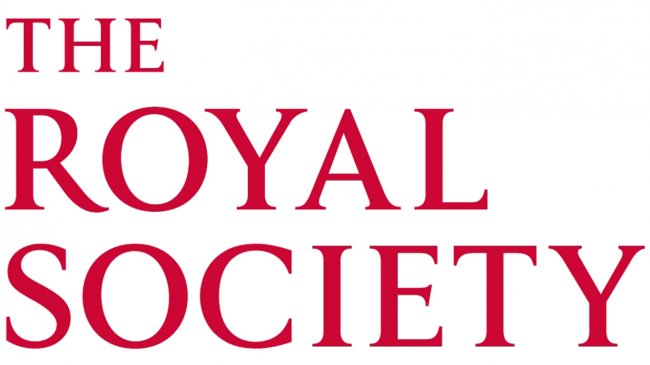Royal Society

The President, Council, and Fellows of the Royal Society of London for Improving Natural Knowledge, commonly known as the Royal Society, is a learned society for science and is possibly the oldest such society still in existence. Founded in November 1660, it was granted a royal charter by King Charles II as "The Royal Society". The society today acts as a scientific advisor to the British government, receiving a parliamentary grant-in-aid. The society acts as the UK's Academy of Sciences and funds research fellowships and scientific start-up companies.
The society is governed by its council, which is chaired by the society's president, according to a set of statutes and standing orders. The members of council and the president are elected from and by its fellows, the basic members of the society, who are themselves elected by existing fellows. There are currently about 1,450 fellows, allowed to use the postnominal title FRS (Fellow of the Royal Society), with up to 52 new fellows appointed each year. There are also royal fellows, honorary fellows and foreign members, the last of which are allowed to use the postnominal title ForMemRS (Foreign Member of the Royal Society).
Since 1967, the society has been based at 6–9 Carlton House Terrace, a Grade I listed building in central London.
The Society has a variety of functions and activities. It supports modern science by disbursing nearly £42 million to fund approximately 600 research fellowships for both early and late career scientists, along with innovation, mobility and research capacity grants. Its Awards, prize lectures and medals all come with prize money intended to finance research, and it provides subsidised communications and media skills courses for research scientists. Much of this activity is supported by a grant from the Department for Business, Innovation and Skills, most of which is channeled to the University Research Fellowships. In 2008, the Society opened the Royal Society Enterprise Fund, intended to invest in new scientific companies and be self-sustaining, funded (after an initial set of donations on the 350th anniversary of the Society) by the returns from its investments.